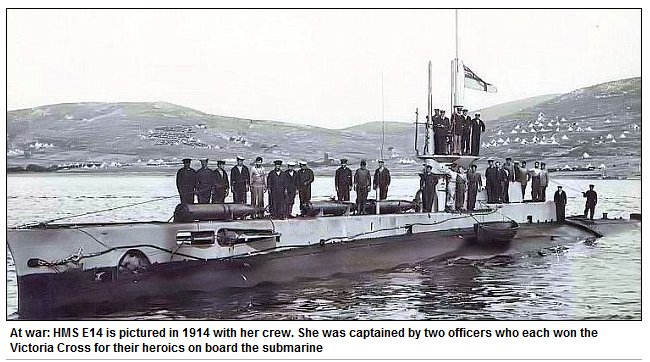For some obscure reason (hint: because they didn’t win) American re-enactors are much less fond of War of 1812 re-enactments than Canadians:
When the first big battle of the War of 1812 is re-enacted this fall, the U.S. 1st Artillery regiment will mount an ear-splitting barrage. The Yanks will point their cannons at British redcoats across the Niagara River in Canada. They will wear blue. They will curse King George.
Unlike 200 years ago, they will all be Canadians.
Many Americans aren’t that into the War of 1812 — not like Canadians, anyway — so the latter often play the former in re-enactments along the international border here.
“For the weekend, I’ll have to be a turncoat,” says John Sek, 60, an English-born Canadian who will play a U.S. Army gunnery captain in the Battle of Queenston Heights. “There isn’t the same interest in the war on your side.”
To grossly generalize: Canadians, whose forebears helped repulse several U.S. invasions in 1812, regard the war that began 200 years ago Monday as a crucible of national identity. For them, its bicentennial is a big deal.





